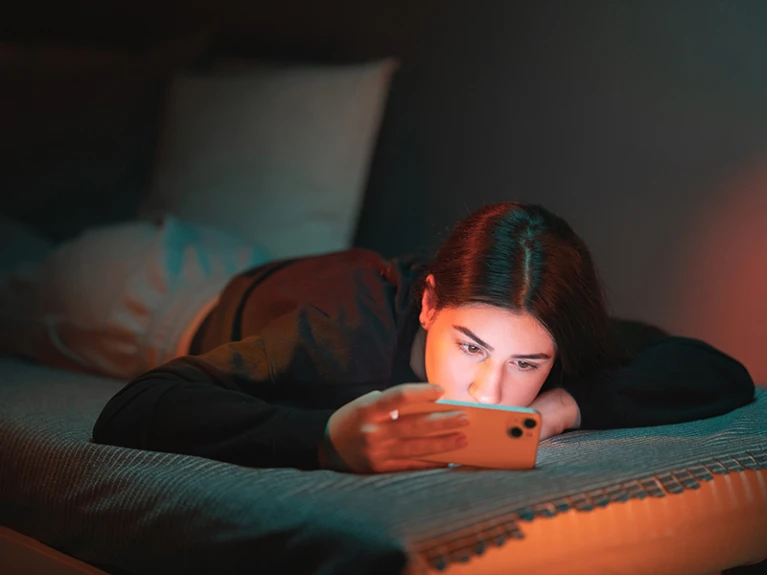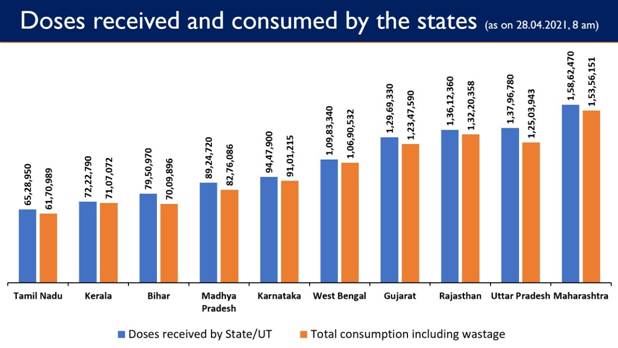In a groundbreaking study published in the Journal of Adolescent Health, researchers shed light on how social media use influences sleep patterns among adolescents. This research comes amidst rising concerns about the effects of social media on youth mental health, prompting the US Surgeon General to advocate for warning labels on social media platforms.
Dr. Jason Nagata, lead author of the study and an associate professor of pediatrics at the University of California, San Francisco, emphasizes the critical importance of adequate sleep for adolescent physical and mental development. The study, which analyzed data from 9,398 preteens aged 11-12, found notable correlations between screen habits and sleep quality.
Key findings from the study reveal:
- Keep Screens Out of the Bedroom: The presence of a TV or internet-connected device in the bedroom is linked to shorter sleep durations. To improve sleep, experts recommend keeping screens outside the sleeping area.
- Turn Off the Phone: Adolescents who leave their phone’s ringer on or notifications in silent mode experience less sleep compared to those who turn their phone off entirely. Specifically, leaving the phone ringer on increases the risk of sleep disturbances by 25%. About 16.2% of adolescents reported being woken by phone calls, text messages, or emails in the past week.
- Avoid Electronics Before Bed: Using social media, gaming, or streaming content right before bed is associated with decreased sleep duration. Engaging with screens in the hour leading up to sleep can adversely affect sleep quality.
- Refrain from Using Phones if Waking Up at Night: The study found that 19.3% of adolescents used their phones or other devices if they woke up during the night, which was linked to poorer sleep quality.
The research underscores the sensitivity of adolescents to phone notifications. Dr. Nagata notes that even when phones are on silent, the potential to disrupt sleep remains high as adolescents may still check their devices and become more alert, impacting their overall sleep quality.
Co-author Dr. Kyle T. Ganson from the University of Toronto highlights the importance of understanding the developmental challenges adolescents face. “Supporting youth in managing their social media use is crucial during this tumultuous period of physical, psychological, and emotional changes,” he says.
For teenagers and parents aiming to enhance sleep quality, the study suggests practical measures: establish phone-free zones in the bedroom, limit screen time before bed, and address nighttime awakenings without engaging with electronic devices. Implementing these strategies could significantly improve sleep patterns and overall well-being for young people.












